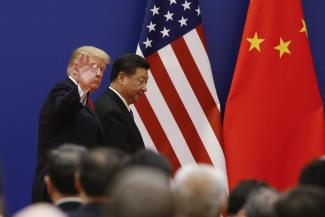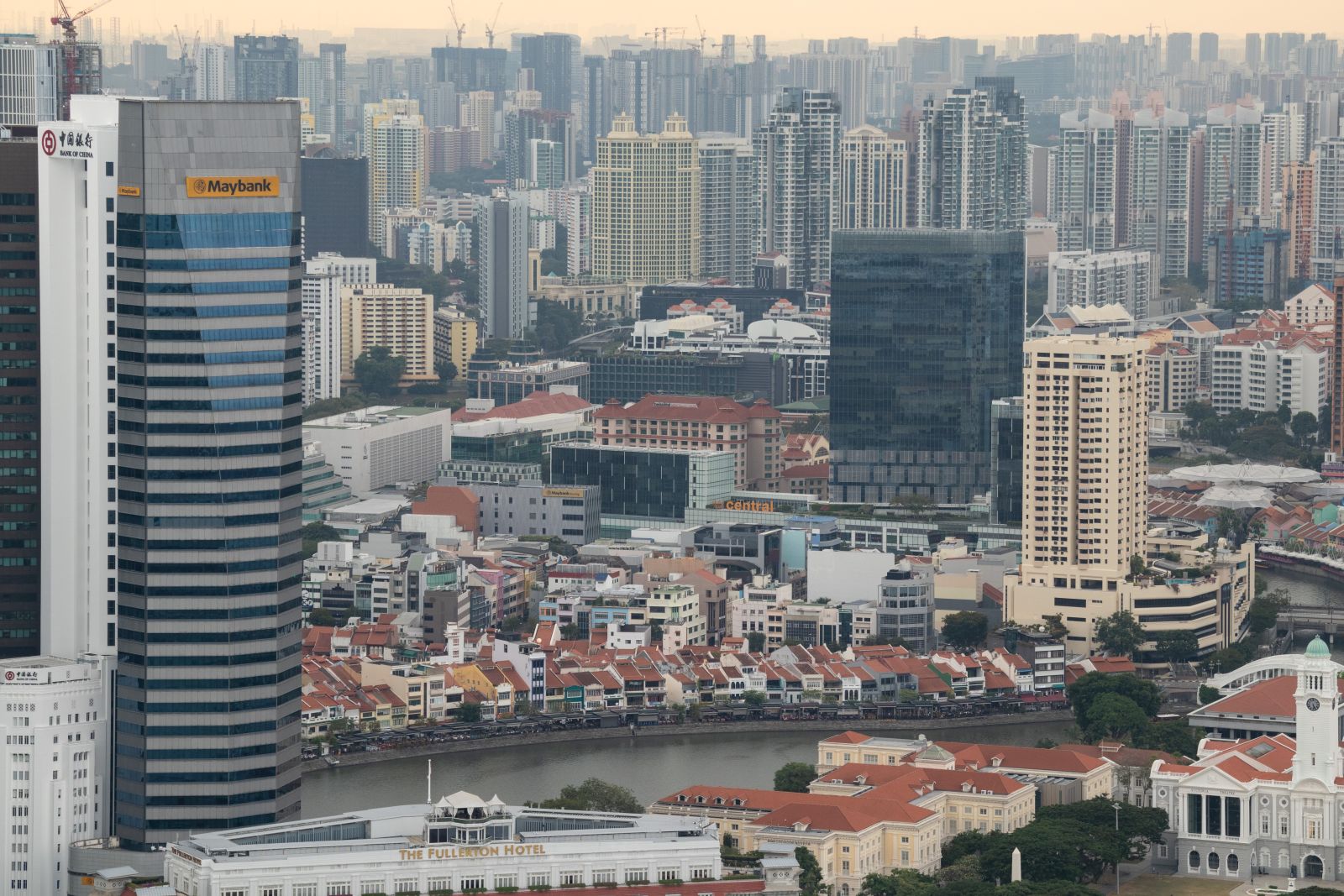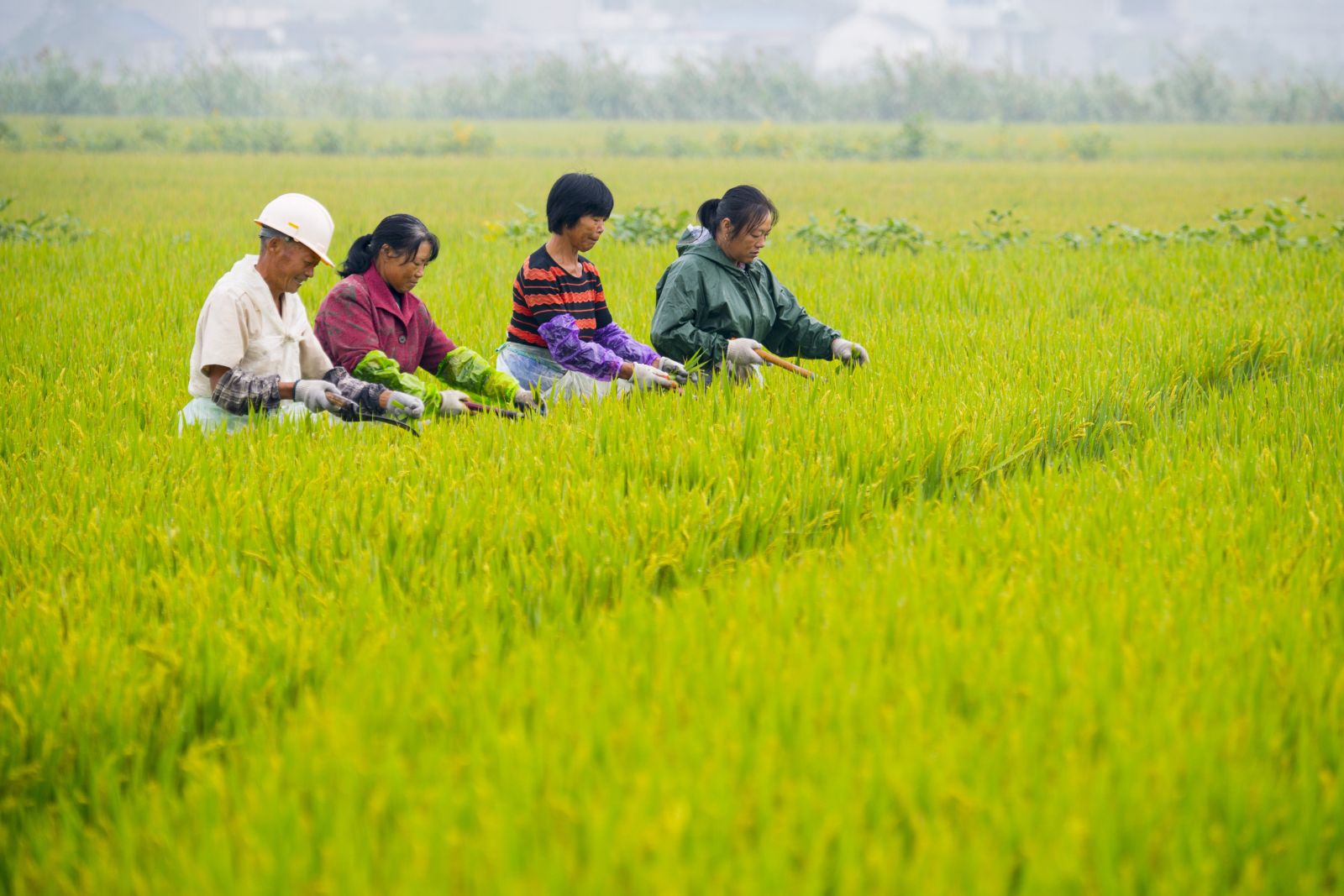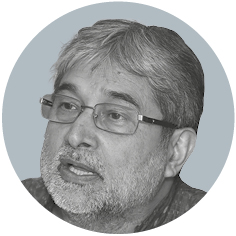Blog
Xi Jinping is weaker than many observers believe

First of all, however, let me reiterate once more that "development", as I understand the term, basically means functional differentiation. The term was coined by the eminent sociologist Niklas Luhmann. It means that important subsystems of society – including politics, the economy, law, science, mass media, religion et cetera – become self-organising while staying mutually interdependent at the same time. Such functional differentiation is enshrined in many western constitutions that guarantee the freedoms of expression, religion and personal choices in many fields. Typically they also protect private property and define separate branches of government – administration, legislation and judiciary.
Functional differentiation means that the subsystems concerned become more dynamic and generate evermore options and opportunities. While China never introduced democracy, considerable space was given to markets, higher learning and personal choice. Local and regional governments were given increasingly more scope for action that was not micromanaged by the top leadership moreover. As far as I can tell, this is the basis on which the People’s Republic achieved not only rapid growth, but also fast rising per-capita incomes. Successful economic development, in turn, is what makes one party rule legitimate in many people's eyes. The big question is to what extent dynamic economic development is compatible with dicatatorship.
Unfortunately, the regime has become more oppressive since President Xi Jinping took office in 2013. Uighur Muslims are suffering serious repression, for example. Censorship on social media is increasing. Computer surveillance is increasing and citizens are being rated in a sophisticated system that measures their behaviour. Power is being centralised to a larger extent again in the hands of the president, who no longer faces a term limit. Before Xi, the Chinese government said it was keen on fulfilling human rights, but in a country with mass poverty, economic and cultural rights took precedence over political rights. Eventually, it indicated, it wanted to introduce democracy. Under Xi, that rhetoric has stopped.
Some observers read this as a sign of strength. According to them, Xi is so powerful that he does not have to reckon with what others may think or want. He can impose his will.
I disagree. The monopolistic grip on power that dictators claim actually makes the society they are trying to control weaker. If dissent cannot be expressed, shortcomings will not be discussed and even less corrected. Market dynamism, moreover, depends on the free flow of information. Investors cannot make smart decisions if they lack reliable information. Technological progress is slowed down when researchers cannot operate freely, but are told exactly what they are supposed to invent.
Indeed, recent Chinese successes in artificial intelligence distort the picture. The underlying reason why Chinese is strong in this filed is not especially creative research and development. It is that China is such a huge nation that AI experts can use huge databases to train the algorithms that are supposed to replicate human decision-making.
Yes, Chinese progress has been impressive, but no, it does not result from the dictator telling everyone what to do. Repression is actually expensive in another way too. A huge government apparatus is busy monitoring and controlling the people, without contributing to their welfare. When regimes need such an apparatus to ensure what they call security, it basically proves that they are not confident that their people agree with them. All too often, it also hides that those in power are enriching themselves.
So why did the slow process of incremental Chinese liberalisation go into reverse? I do not have a profound understanding of the country, but as an observer of international affairs I can think of several reasons that matter:
- While China’s development was very impressive in the 1980s and 1990s in terms of lifting people out of poverty, things have become more complicated since. Environmental problems escalated, and labour relations became difficult in many places. Protests spread, and the Communist Party did not know how to deal with them.
- The global financial crisis that erupted on Wall Street in 2008 was a consequence of market failure. China’s leaders are keenly aware of this fact. Their self-confidence grew after they managed to protect the Chinese economy from going into recession. In their eyes, western free-market doctrines are overblown. They think that they will stay able to manage the economy.
- The recent rise of right-wing populism around the world further reconfirms the regime’s perception of democracy being overrated. Seen from Beijing, for example, the Brexiteers’ insistence that the UK must leave the EU simply does not make sense. The way her own party humiliated Prime Minister Theresa May and thwarted her Brexit agreement with the EU, is utterly irresponsible in the eyes of policymakers who are used to strong and unquestioned hierarchies.
- Global environmental change probably matters too. The Chinese government knows climate change is real and is working towards protecting its country. The political clout of climate deniers in some western countries – most prominently, of course, President Donald Trump in the USA – is infuriating. Rather than discussing all relevant issues in public with all parties involved, the Chinese government prefers to be firmly in control.
I do not doubt that democracy is not only ethically preferable to dictatorship but also generally more efficient. Authoritarian rule goes against the grain of functional differentiation because the top leadership tends simply cannot micromanage decisions in all spheres of public life. I must admit, however, that democratically elected governments of rich nations are currently not setting great examples of successfully tackling the most urgent global challenge – climate change. Populist insurgencies, moreover, show that their domestic legitimacy is not as big as it used to be.
However, the west’s right-wing populists do not offer solutions. Trump may not believe in climate change, but that does not protect his country from floods, wildfires or hurricanes. He may not believe in multilateral agreements, but his erratic tariff policies are undermining investor confidence. He may resent independent judges and critical journalist, but they still have an important role to play. Trump may want to be as powerful in the USA as Xi is in China, but the more he assumes the strongman role, the weaker his country’s institutions become and the more it becomes evident why autocratic rule is normally dysfunctional.
In the past three decades, authoritarian rule in China has been untypical. The Communist Party actually developed the country. My hunch is that its rule is becoming increasingly dysfunctional, but that is not in plain sight yet. Compared to some erratic western policymakers, however, Xi looks concerned, competent and coherent. Nonetheless, historic experience tells us that absolute power tends to corrupt absolutely. Xi is most certainly neither as great nor as indispensable as he thinks he is and as underlings tell him. In Trump's case, all this is more more obvious, but probably not fundamentally different.














